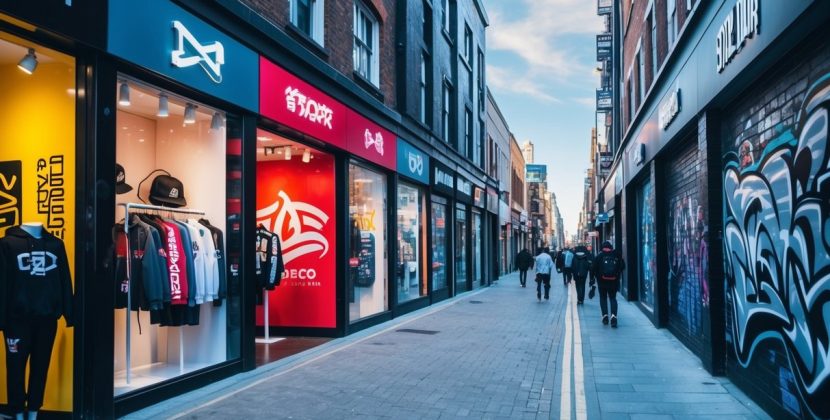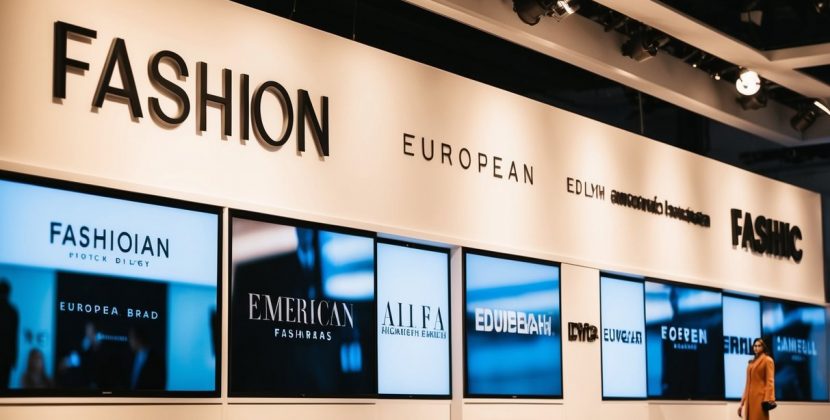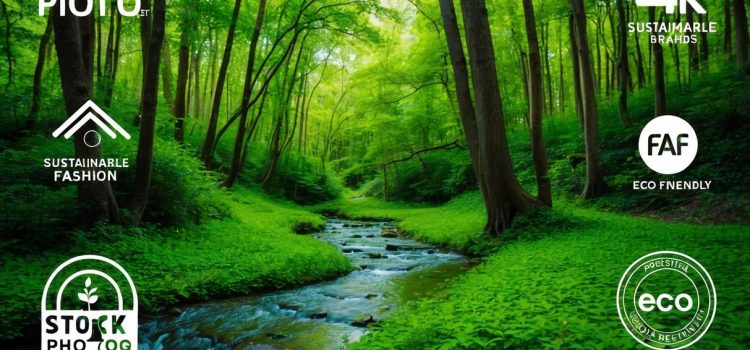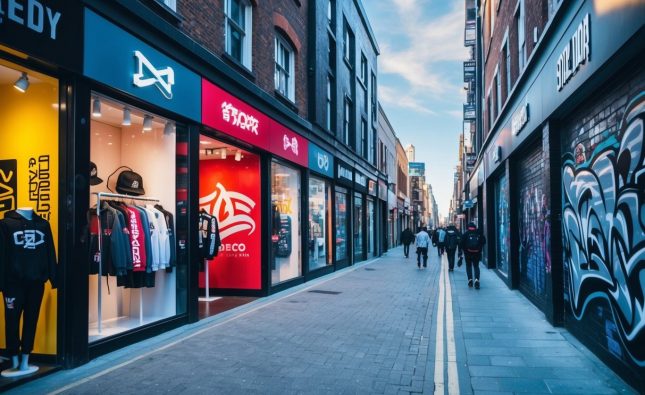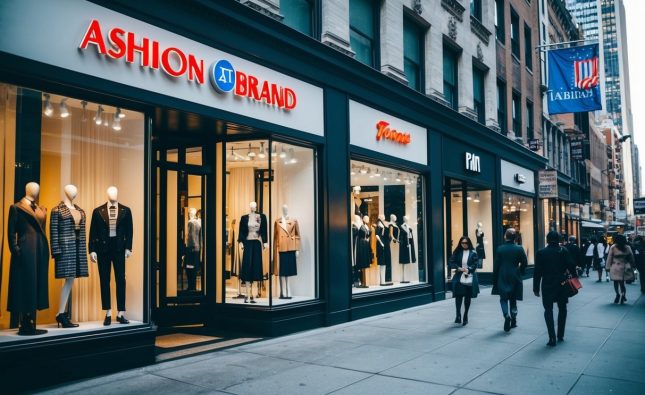
The rise of ethical fashion brands reflects a growing awareness of the environmental impact of the clothing industry. Consumers are increasingly seeking sustainable options that align with their values. These eco-friendly brands prioritize sustainable materials, ethical labor practices, and transparent supply chains, making them essential for conscious shoppers.

Shopping ethically not only benefits the planet but also supports fair labor practices and communities. As more people recognize the connection between their purchases and the well-being of the environment, the demand for responsible fashion continues to grow. Ethical fashion brands provide choices that help reduce waste and promote sustainability.
This article explores a variety of ethical fashion brands that cater to eco-friendly shopping preferences. Readers will discover reputable companies committed to making a positive impact, ensuring that their style choices contribute to a healthier planet.
Understanding Ethical Fashion
Ethical fashion revolves around creating clothing that prioritizes environmental sustainability and social responsibility. This encompasses various principles, impacts, and standards that guide brands and consumers alike in making informed choices.
Defining Ethical Fashion Principles
Ethical fashion principles include fair labor practices, sustainable sourcing, and transparency. Brands commit to ensuring that workers receive fair wages and operate in safe conditions. They often use eco-friendly materials, such as organic cotton, recycled fabrics, or innovative textiles like Tencel.
Moreover, transparency is crucial; ethical brands disclose their supply chain processes. This allows consumers to understand where their clothing is made and the impact of their purchases. By adhering to these principles, ethical fashion brands prioritize the well-being of both people and the planet.
The Impact of Fashion on Environment
The fashion industry significantly affects the environment. Fast fashion contributes to pollution, increased waste, and resource depletion. According to reports, textile production is responsible for approximately 10% of global carbon emissions.
Water usage is another critical concern; producing a single cotton t-shirt can consume over 2,700 liters of water. Additionally, synthetic fabrics release microplastics into oceans, affecting marine life.
By choosing ethical brands, consumers can help mitigate these environmental impacts. Sustainable practices reduce waste and promote responsible resource management.
Certifications and Standards for Ethical Brands
Certifications help consumers identify ethical fashion brands. Several recognized standards exist, including Fair Trade, GOTS (Global Organic Textile Standard), and B Corp certification.
Fair Trade focuses on fair wages and ethical treatment for workers involved in production. GOTS certifies organic textiles and ensures ecological and social criteria are met throughout the supply chain. B Corp verifies that companies meet high standards of social and environmental performance.
These certifications empower consumers to make informed decisions and support brands that align with their ethical values.
Top Ethical Fashion Brands for Eco-Friendly Shopping
Many consumers seek to align their purchasing decisions with their values. A crucial part of this journey involves understanding brand sustainability, innovative materials, and ethical labor practices.
Evaluating Brand Sustainability Practices
Several brands set themselves apart by adopting comprehensive sustainability practices. These include using eco-friendly materials, minimizing waste, and focusing on low-impact production methods.
Brands like Patagonia and Reformation emphasize life cycle assessments to reduce their environmental impact. Patagonia’s Worn Wear program encourages recycling, while Reformation implements water-saving technologies in production.
Look for certifications such as Global Organic Textile Standard (GOTS) or Fair Trade. These certifications provide transparency about a brand’s sustainability efforts and allow consumers to make informed choices.
Innovative Materials and Production Techniques
Innovation drives ethical fashion forward, with brands exploring new materials and production methods. For instance, Ecoverse specializes in fabrics made from recycled plastics, turning waste into stylish garments.
Additionally, brands like Allbirds utilize renewable materials such as merino wool and sugarcane. These materials not only reduce environmental impact but also offer comfort and durability.
3D knitting technology is gaining traction as well. This technique reduces fabric waste significantly, allowing brands to produce clothing in a more sustainable manner.
Transparency and Ethical Labor Practices
Transparency in labor practices is vital for ethical fashion. Brands like Everlane are committed to radical transparency, offering detailed information about costs and supply chain practices.
Many ethical brands ensure fair wages and safe working conditions for all workers. People Tree is known for its strong partnerships with fair trade cooperatives, ensuring that artisans receive just compensation.
Labeling transparency is also important. Brands that disclose factory locations and labor practices help consumers understand the origins of their purchases. This can strengthen trust and support for ethical brands.
Consumer Guide to Shopping Ethically

Understanding how to identify ethical fashion items and building a sustainable wardrobe is crucial for conscious consumers. By focusing on specific practices and products, shoppers can make informed choices that align with their values.
How to Identify Ethical Fashion Items
To spot ethical fashion, consumers should look for certifications such as Fair Trade, GOTS (Global Organic Textile Standard), or B Corp status. These labels indicate a commitment to ethical labor practices and environmental responsibility.
Researching brands’ transparency is vital. Companies that share information regarding their supply chain, labor conditions, and materials used are more likely to practice ethical manufacturing.
Another key factor is material choice. Opting for sustainable materials like organic cotton, Tencel, or recycled fabrics can signify a brand’s commitment to eco-friendly practices.
Building a Sustainable Wardrobe
Creating a sustainable wardrobe involves mindful purchasing. Consumers are encouraged to buy fewer, high-quality pieces that last longer. Investing in timeless styles reduces waste and supports ethical brands.
Utilizing second-hand shopping is another effective strategy. Thrifting or using online resale platforms allows consumers to find unique items while minimizing their environmental footprint.
To maintain a sustainable wardrobe, practice clothing care. Proper washing, drying, and storage extend the life of garments. Educating oneself on repair techniques can also help in reducing waste.
By making conscious choices, consumers play a pivotal role in promoting sustainable fashion.

